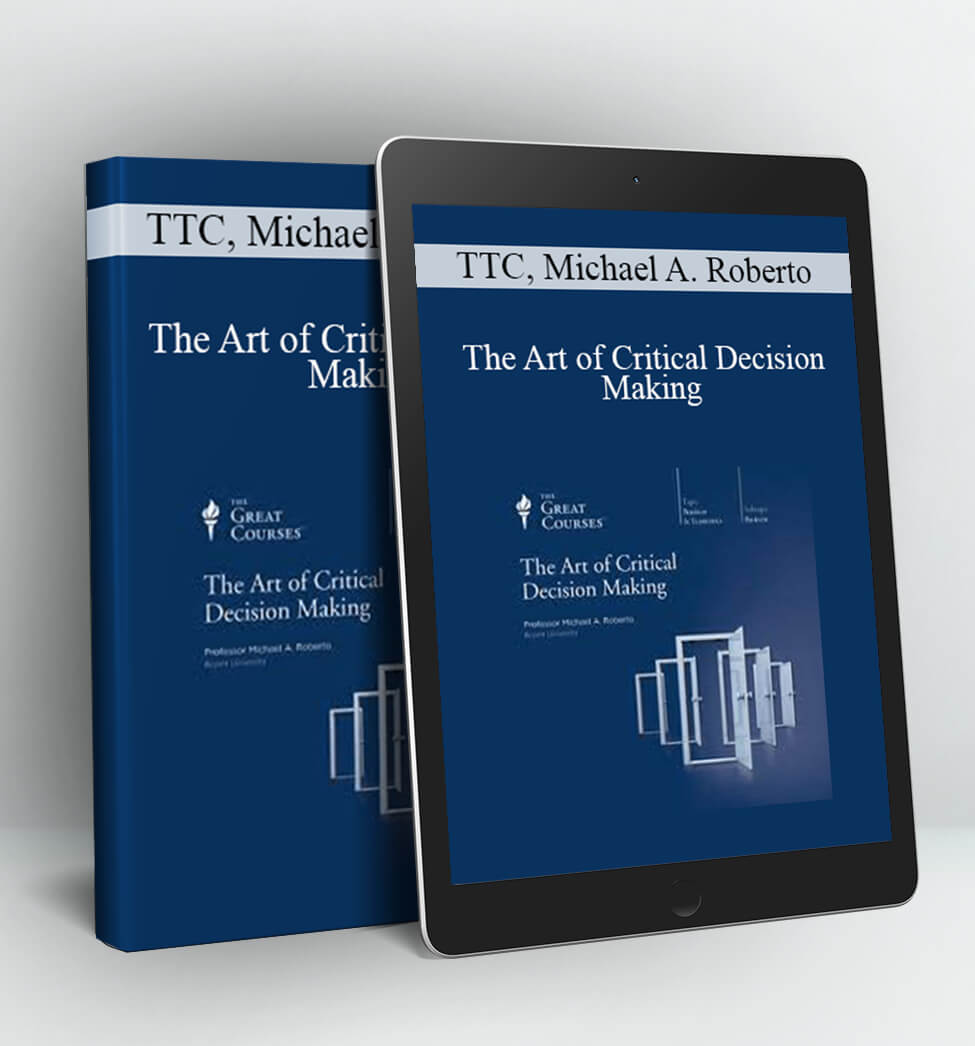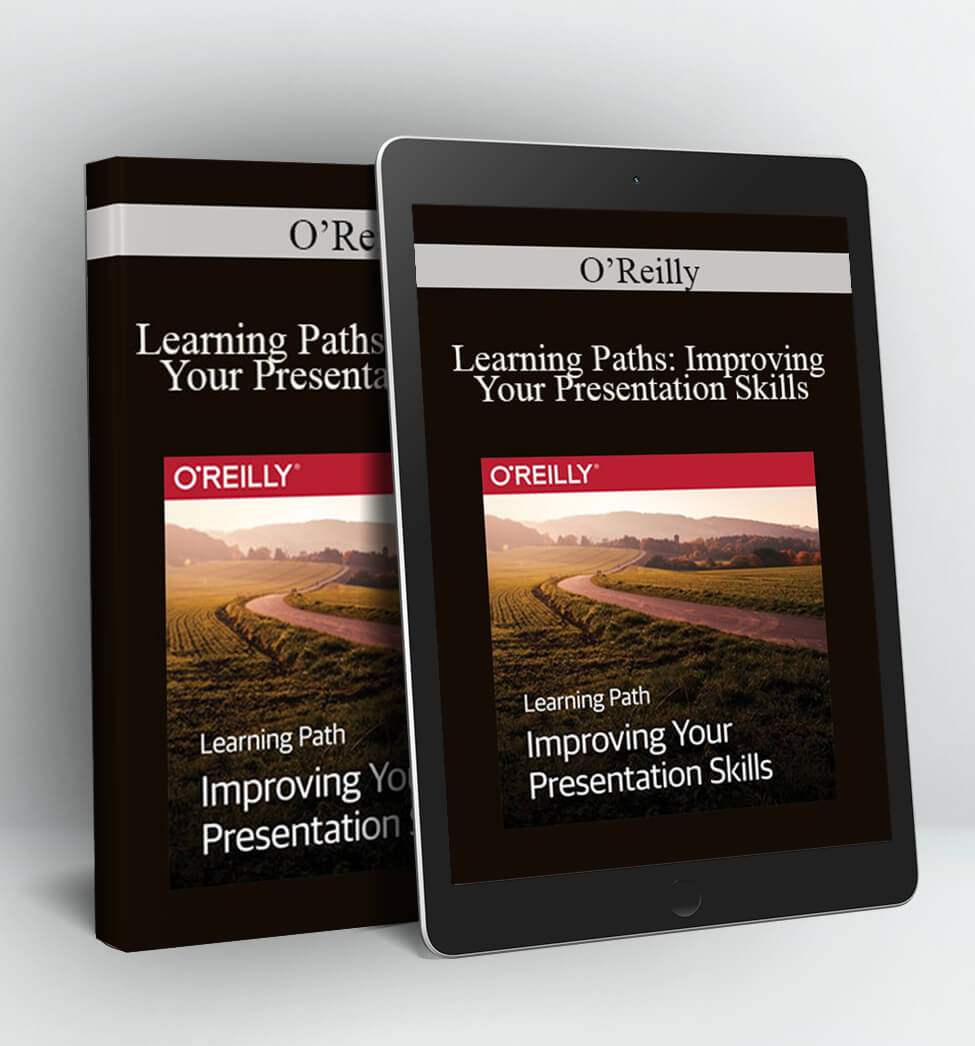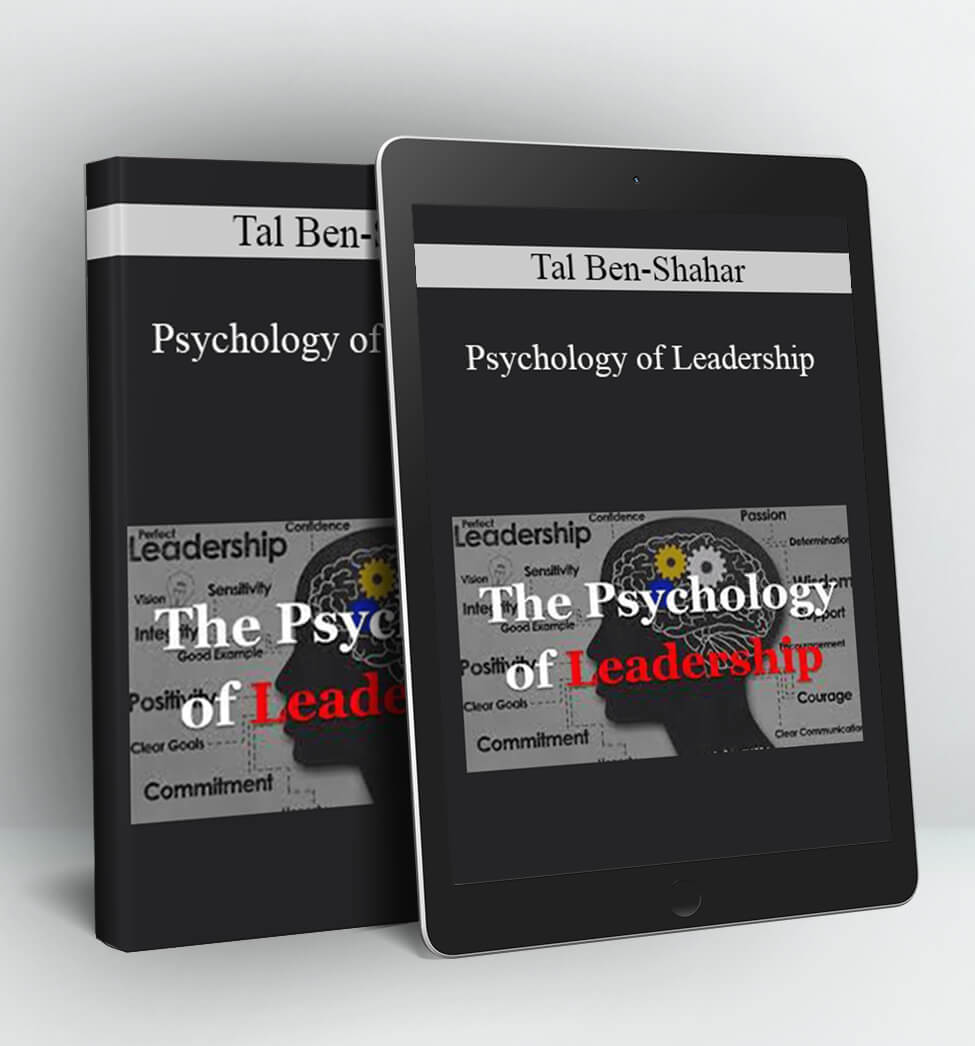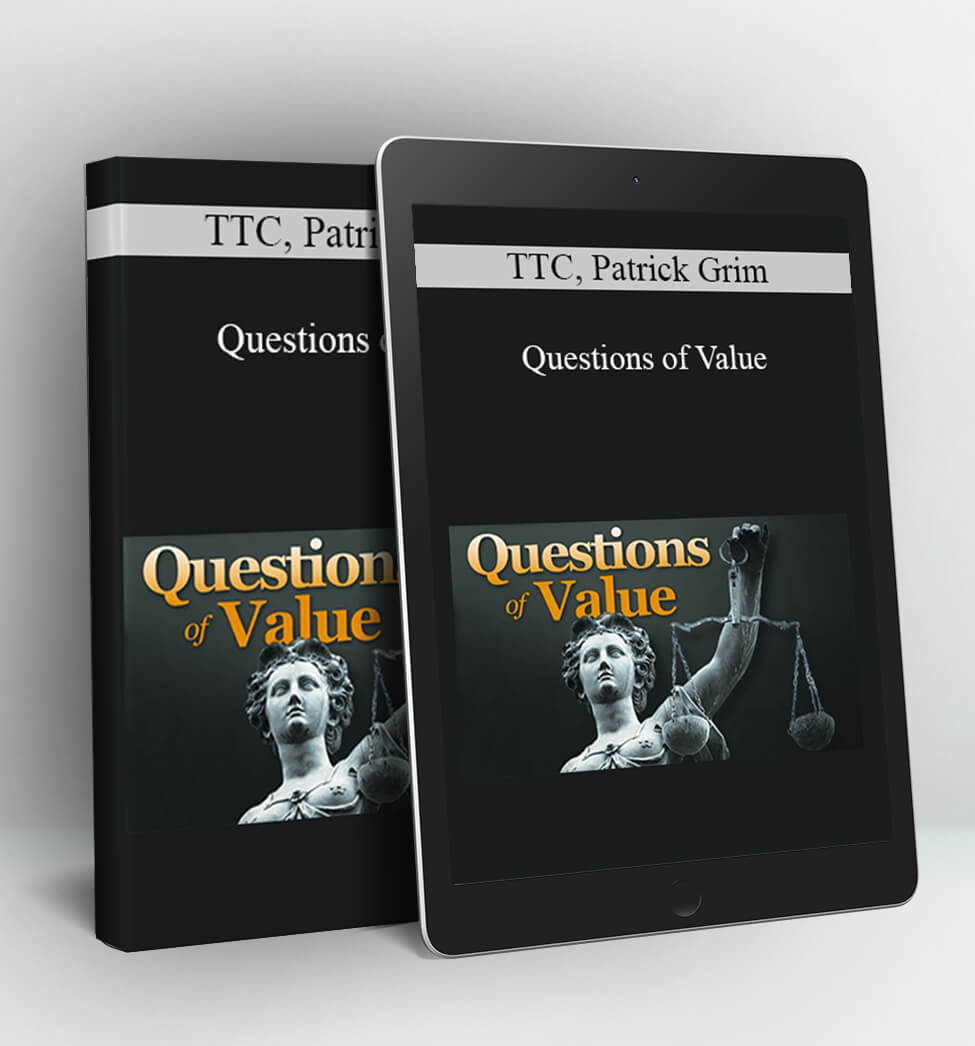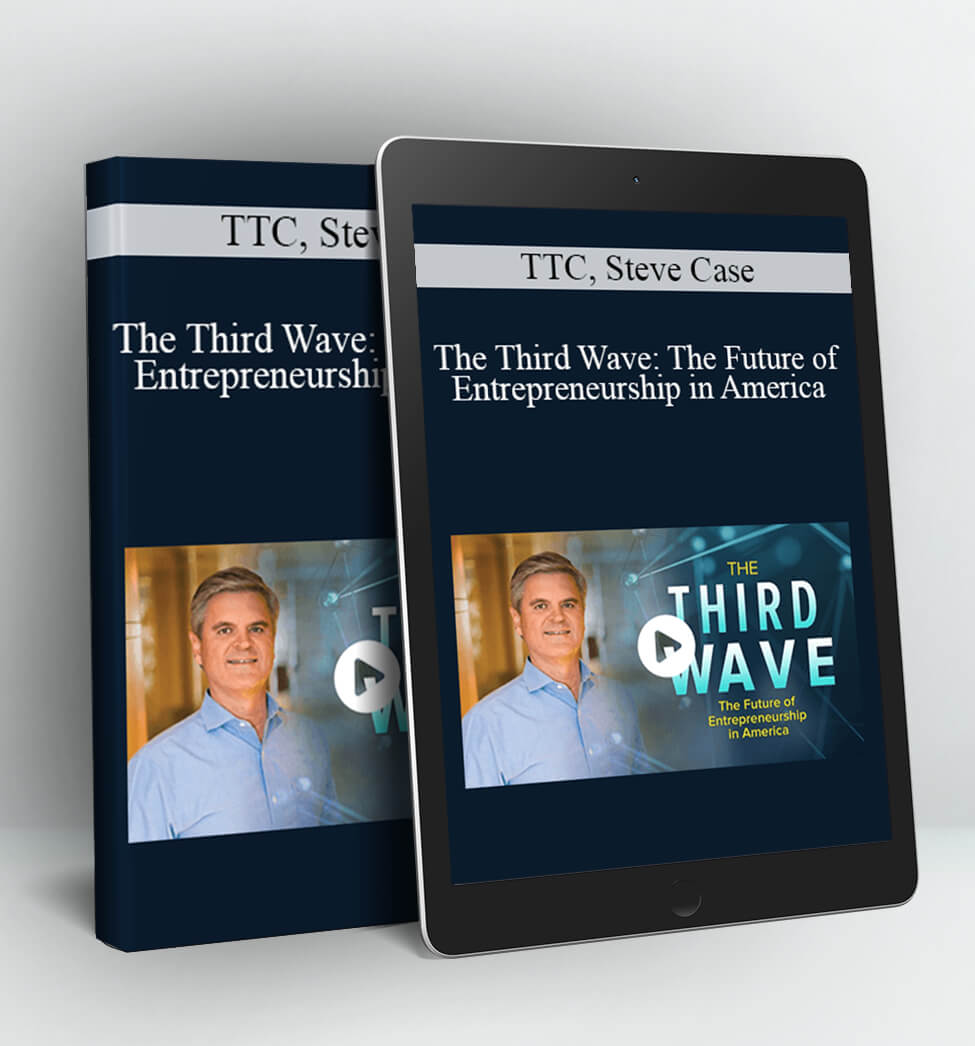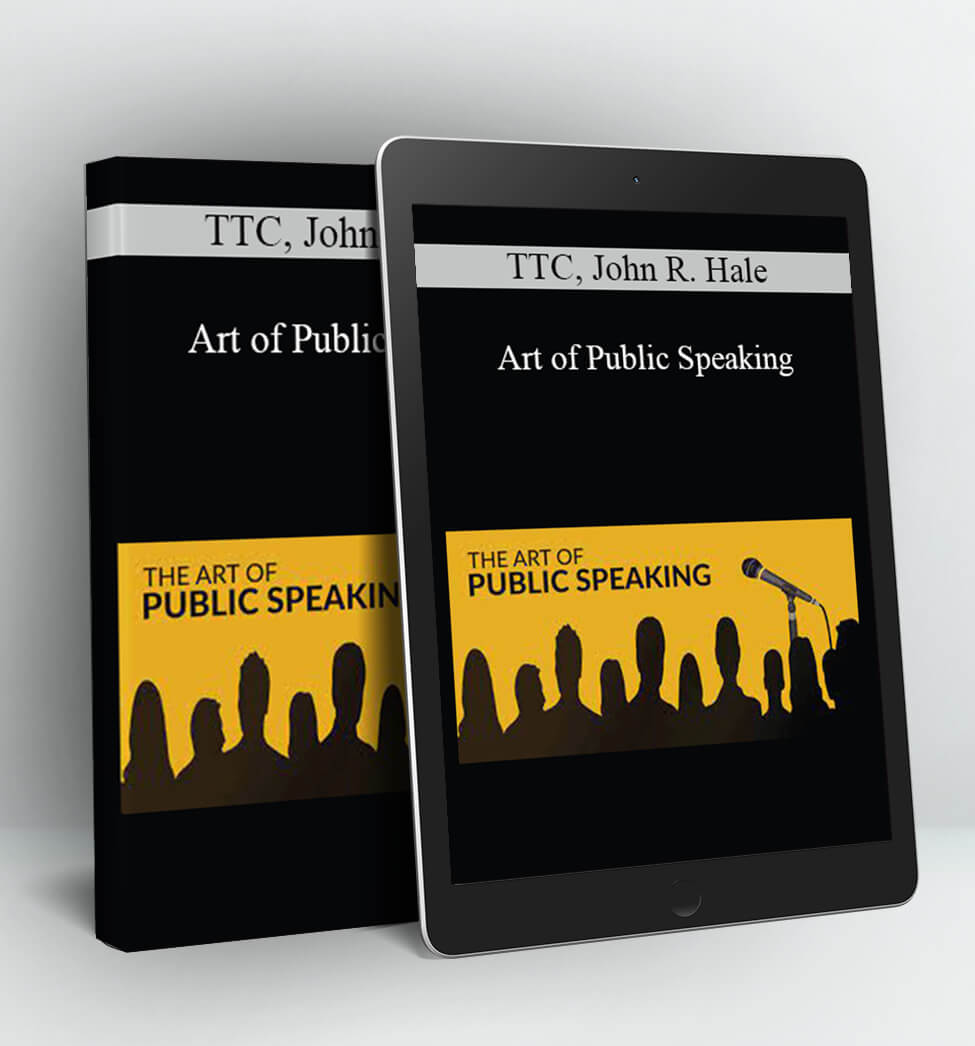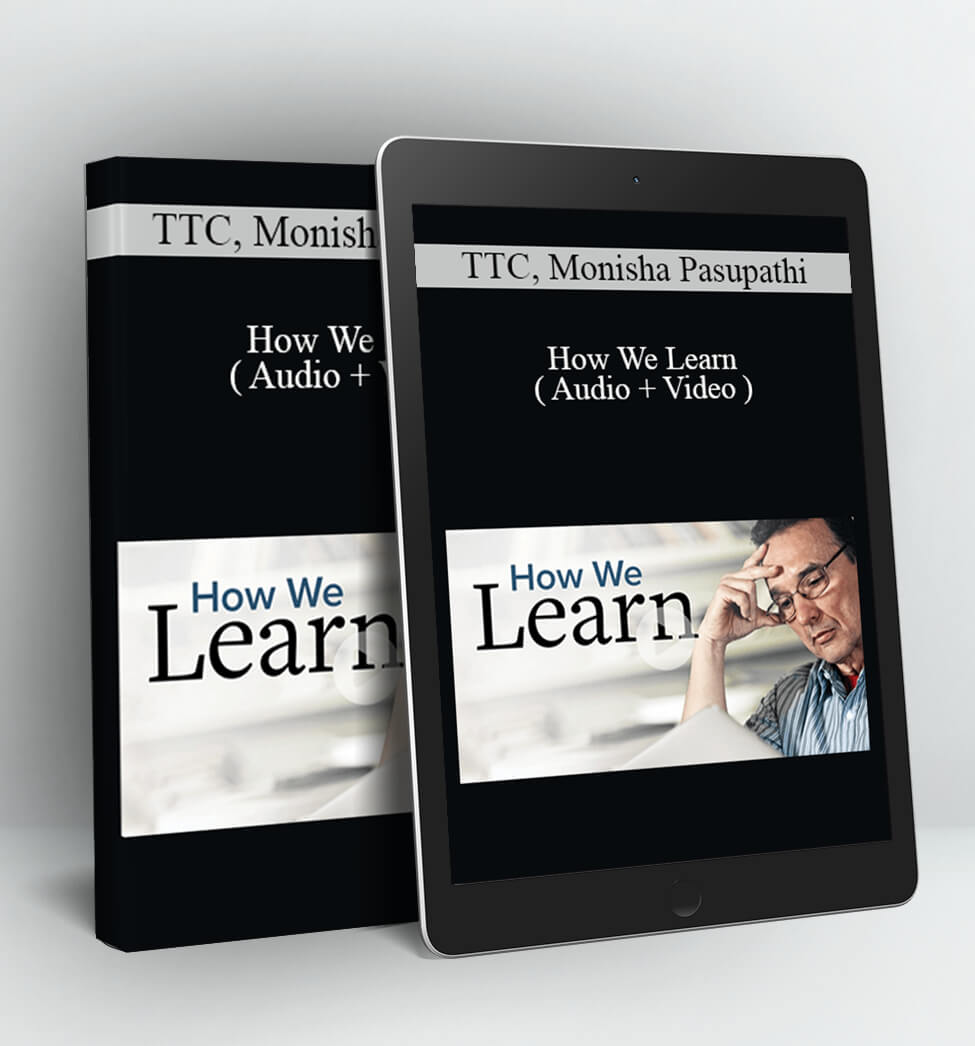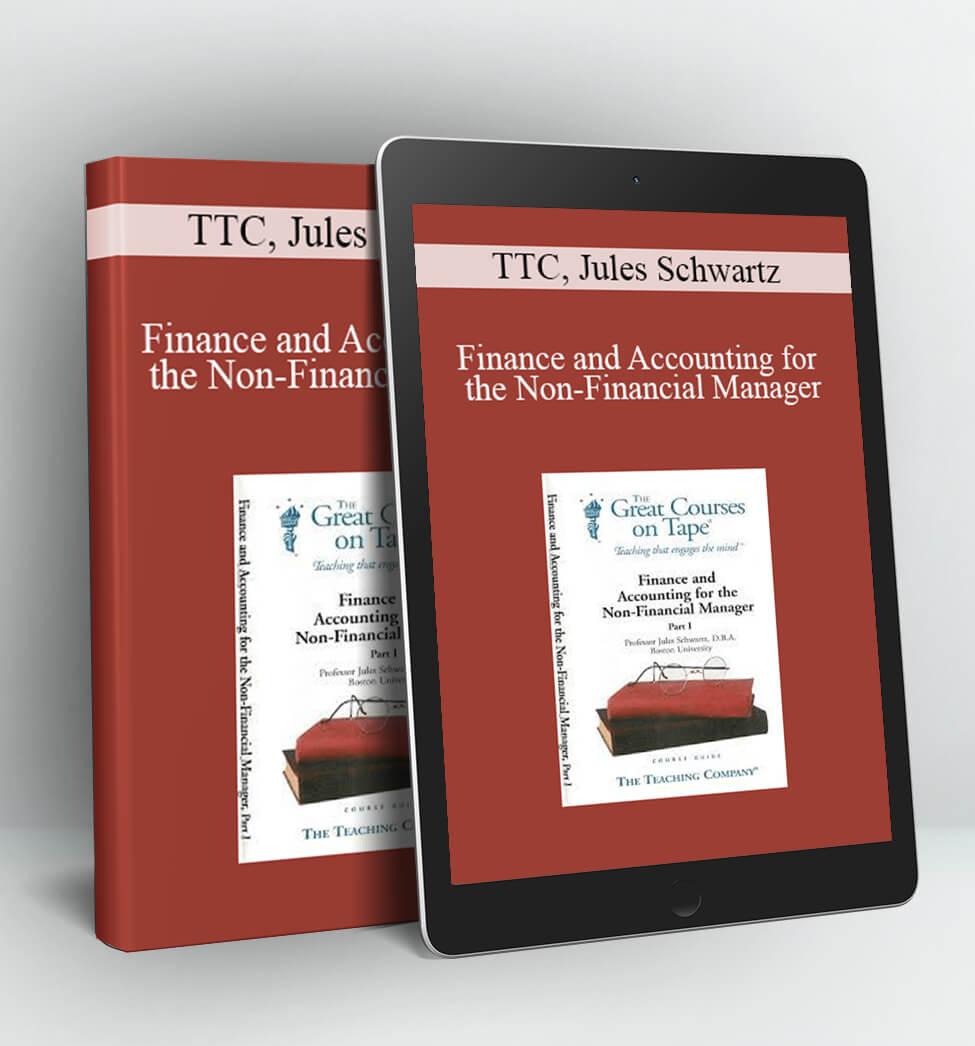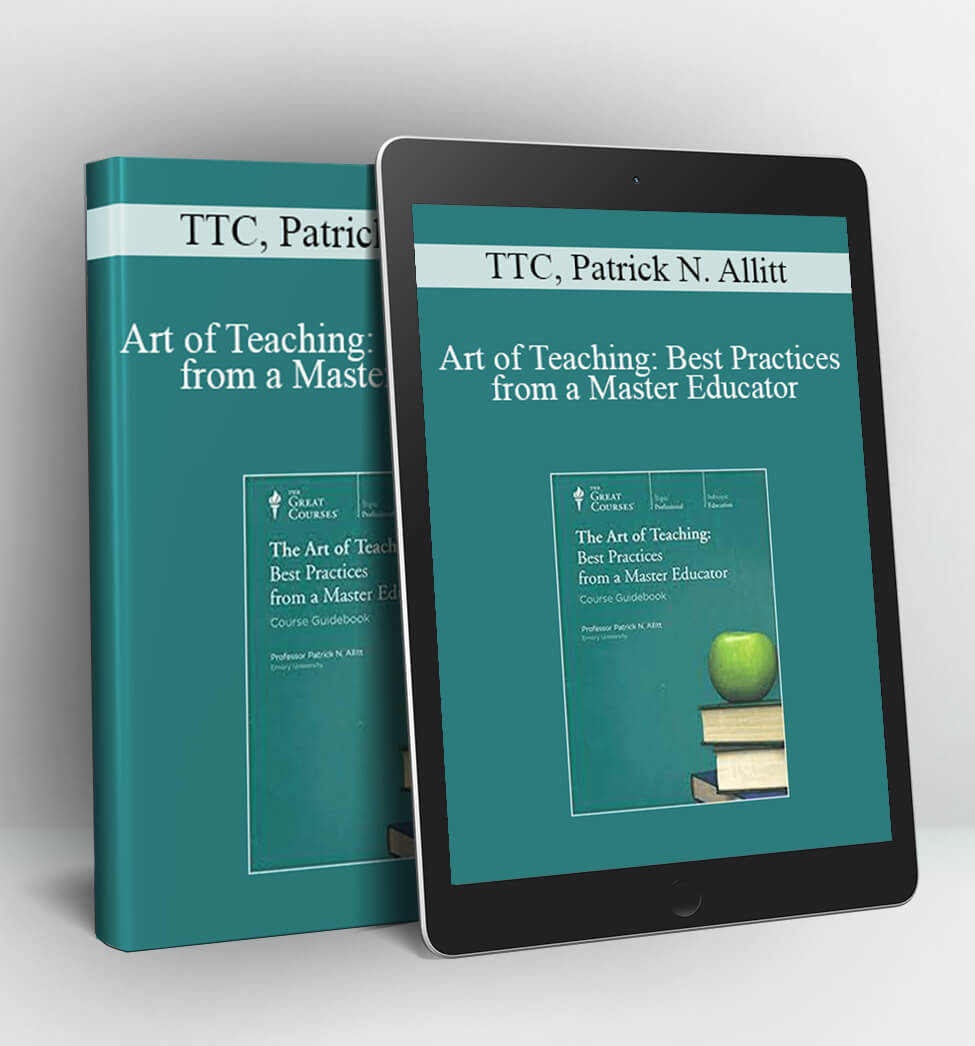The Art of Critical Decision Making – TTC, Michael A. Roberto
The Art of Critical Decision Making
Course Overview
Whether simple or complex, private or public, decisions are an essential part of your life. Not only do decisions affect your own life for good or ill, they can also affect the lives of your friends, your family, and your community. Indeed, the ability to make wise, educated decisions is essential to living a successful and fulfilled life.
- When is the right time for your company to change its business model?
- Is moving across the country for a new job the best option for you and your family?
- At what point do you roll out a new product or service currently being tested?
- Should you sell your house now, or wait until the housing market improves?
But making a good decision and avoiding a horrible one is not a chance act. It’s a skill—one that can be learned, honed, and perfected. Mastering the art of critical decision making is the key to improving your life at home, at work, or in your community. When you understand the necessary components of a smart decision, you can examine mistakes you might have made in the past and sidestep potential mistakes in the future. And when you know the underlying psychological, social, and emotional components that influence decision making—whether they are your own decisions or the decisions of others—you can make sounder choices that produce better results.
Now you can learn to approach the critical decisions in your life with a more seasoned, educated eye with The Art of Critical Decision Making, a fascinating 24-lecture course that explores how individuals, groups, and organizations make effective decisions and offers you tips and techniques to enhance the effectiveness of your own decision making. Taught by award-winning Professor Michael A. Roberto of Bryant University—a scholar of leadership, managerial decision making, and business strategy—this dynamic course is an engaging and practical guide to one of the most fundamental activities in your life.
Three Levels of Decision Making
The heart of this accessible course is a thorough examination of decision making at three key levels:
The individual level: Studying how individuals make decisions reveals a wealth of insights into how—and why—they make particular choices. Most individuals do not examine every possible alternative but instead draw on experience and rules of thumb. Most of us, it turns out, are susceptible to what psychologists call cognitive biases: decision traps that can cause us to make certain systematic mistakes when making choices. You also learn how intuition, surprisingly, is more than just a gut instinct and represents instead a powerful pattern recognition capability.
The group level: Because you don’t always make choices on your own, it’s important to understand decision making at the level of group or team. Here, you try to answer the question of whether groups are “smarter” and more capable of making critical decisions than individuals. The lectures show you problems that typically arise in group decision-making scenarios, including groupthink (the notorious tendency for groups to be pressured into conforming to a particular view) and a lack of synergy between team members. You also learn how groups can overcome these and other problems to make better decisions.
The organizational level: Studying decision making on the organizational level requires you to grasp how the structure, systems, and culture of a particular organization shape the behavior of its individual teams and members. Professor Roberto shows you how history’s wrong decisions usually cannot be attributed to one wrong decision or poor leader. He also demonstrates how some organizations have encouraged and reliably performed vigilant decision making in the face of risky scenarios.
The Key to Effective Decision Making
The Art of Critical Decision Making reveals that bad decisions are usually made because of a poorly thought-out decision-making process. If decision makers put more emphasis on how to make a decision, ensure that they remove personal biases, collect information beforehand, glean the diverse perspectives of others, and perform a number of other constructive activities, they can vastly improve the strength and success of the process.
Professor Roberto employs the case method used by America’s most prestigious business schools, including Harvard University. Designed to expose students to a breadth and depth of real-world examples and scenarios, the case method allows you to compare and contrast various situations as a way to recognize patterns. In doing so, you refine your ability to distinguish between smart and poor decision making.
Among the many compelling case studies you engage in throughout the course are these:
- IDEO’s appropriate use of expertise: You study the decision-making practices of this California-based design consultancy. One of the key lessons you learn is that IDEO uses experts and their knowledge in an appropriate manner—recognizing that sometimes expertise as defined by past successes is not always ideal in a quickly changing environment.
- Improving patient care in hospitals: Professor Roberto’s independent study of hospital staff demonstrated how experienced nurses can positively influence patient care through intuition. By relying on an understanding of warning signs and using the Socratic method of asking questions, veteran nurses were able to prevent patients from experiencing life-threatening problems and reduced the rates for heart attacks and mortality.
- General Motors’ financial woes: In 1972, General Motors was the nation’s most profitable company, but in late 2008 the carmaker’s profitability sank drastically. According to Professor Roberto, the management team’s assumptions during the 1970s—including the persistence of energy sources and the internal promotion of managers—were proved false in the near and long term and only perpetuated outdated ways of thinking in the company.
Compelling historical and contemporary examples provide a captivating window through which to see the process of decision making at work. In taking key principles that great scholars and leaders have studied from history, business, and the modern world, Professor Roberto helps you understand exactly how the successful and unsuccessful decisions involved in these and other events are relevant to your own life.
Learn to Make Smarter Decisions
Whether you’re the head of a Fortune 500 company, a government agency, or an everyday household, you constantly make decisions important to you and those immediately around you. The Art of Critical Decision Making offers you a toolbox of practical knowledge and skills that you can apply to various decisions—whether large or small—in your everyday life and work.
Professor Roberto’s lively lectures are packed with useful anecdotes, tools, and advice designed to improve your own ability to make informed decisions. Among the many insights you gain from these lectures are that
- a large part of making a good decision is not just solving a problem but accurately defining it;
- framing a decision in terms of what may be lost usually causes us to take greater risks than if a problem is framed in terms of potential gains; and
- hidden problems, not visible ones, are the true enemies of effective critical decision making.
Become a Better Critical Thinker
While a thorough exploration of decision making can be a complex endeavor, it takes a professor as knowledgeable and comprehensible as Professor Roberto to expose just how easy to grasp this science is. Warm, engaging, and vibrant, Professor Roberto possesses a passion for his field that is undeniably contagious.
You quickly discover why this former professor at Harvard Business School and former visiting associate professor at New York University’s Stern School of Business has won numerous coveted teaching awards. These include Bryant University’s Outstanding M.B.A. Teaching Award and, on two occasions, Harvard University’s Allyn A. Young Prize for Teaching Economics.
Professor Roberto has also consulted at and taught in the leadership development programs of a number of America’s most prestigious firms, including Apple, Morgan Stanley, Coca-Cola, and Walmart. This breadth of real-world experience shines through in each one of these 24 captivating lectures, as concepts and theories that might seem complex and confusing are instead made practical and accessible to everyone.
As you explore the intriguing process of making a good decision, you strengthen your grip on individual theories of decision making and the situations—both well known and relatively obscure—that illustrate them.
Most important, by the end of The Art of Critical Decision Making, you’ll become a better critical thinker. You’ll possess a stronger ability to learn from your mistakes, be able to approach and weigh individual choices more effectively, and make smarter decisions.
Course Lecture Titles
1. Making High-Stakes Decisions
2. Cognitive Biases
3. Avoiding Decision-Making Traps
4. Framing—Risk or Opportunity?
5. Intuition—Recognizing Patterns
6. Reasoning by Analogy
7. Making Sense of Ambiguous Situations
8. The Wisdom of Crowds?
9. Groupthink—Thinking or Conforming?
10. Deciding How to Decide
11. Stimulating Conflict and Debate
12. Keeping Conflict Constructive
13. Creativity and Brainstorming
14. The Curious Inability to Decide
15. Procedural Justice
16. Achieving Closure through Small Wins
17. Normal Accident Theory
18. Normalizing Deviance
19. Allison’s Model—Three Lenses
20. Practical Drift
21. Ambiguous Threats and the Recovery Window
22. Connecting the Dots
23. Seeking Out Problems
24. Asking the Right Questions
Access Download The Art of Critical Decision Making – TTC, Michael A. Roberto right now!
Delivery Method:
After your purchase, you’ll get access to the downloads page. Here, you can download all the files associated with your order.
Downloads are available once your payment is confirmed, we’ll also send you a download notification email separate from any transaction notification emails you receive from Vinlearn.

